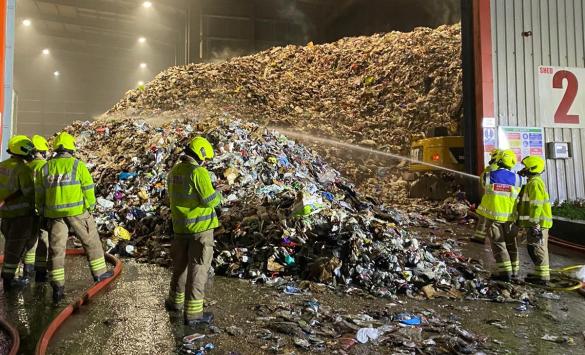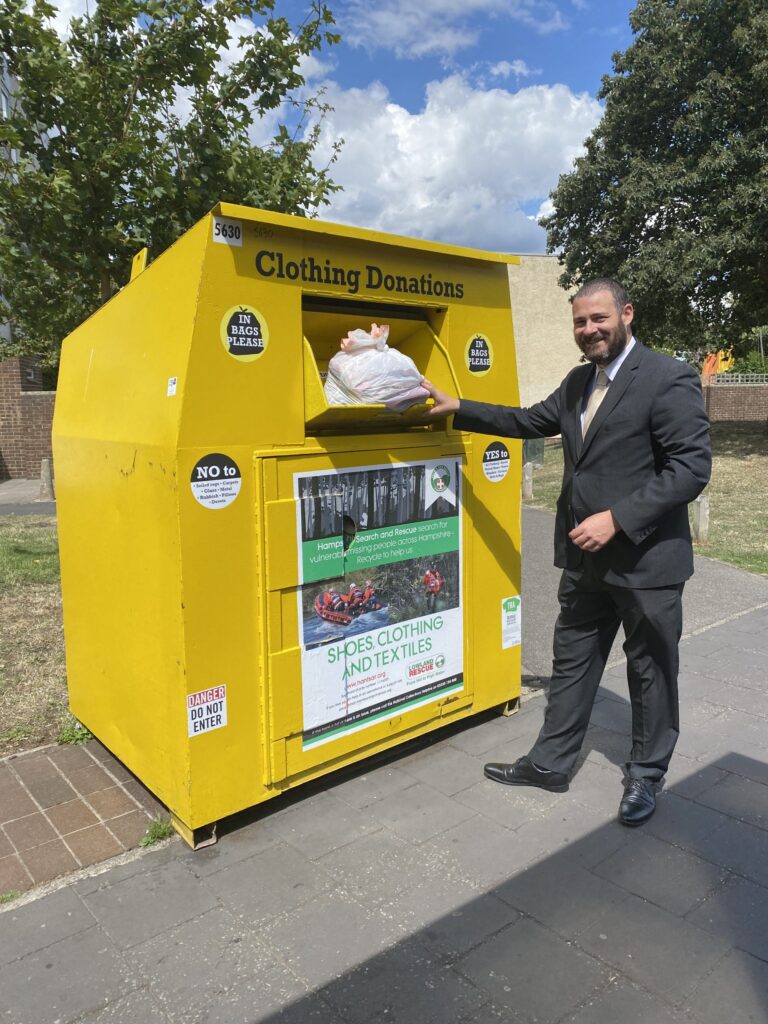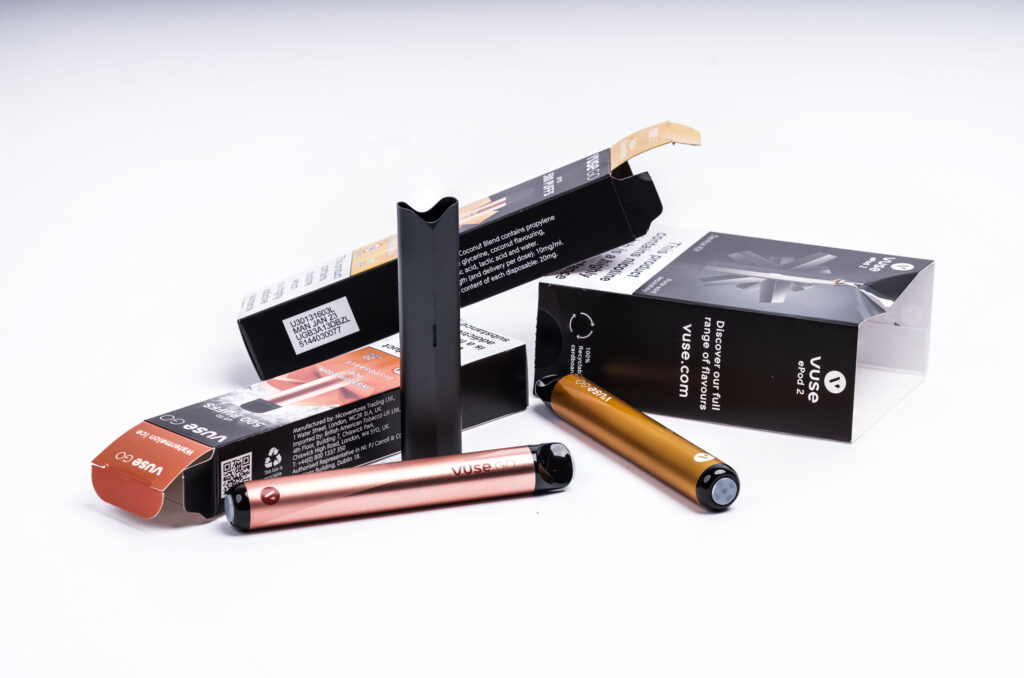Already a vitally important raw material, recovered paper would achieve even greater significance under a new joint declaration by the EU's paper making and recycling bodies – CEPI and ERPA. This called for a 56% recycling rate by 2005, compared with 49% in 1999, and would require the recovery of an additional 10m tonnes a year across Europe.
After five years of discussion, Dr Holzhey pointed out, European institutions had still not resolved the waste/non-waste issue. It must be recognised that recovered paper was a raw material when it met the standardised specifications agreed between Europe's paper and recycling industries.
Recovered paper could be used in a sustainable manner and in even greater quantities only if it was available cost-effectively and met high standards of quality. Meeting these criteria required promotion of collection across Europe, employing improved quality management systems and sorting techniques. It was also necessary to avoid wild fluctuations in price and thus provide long-term security for this material. If these aims were to be realised there had to be close co-ordination between the key parties involved – especially in lobbying public authorities.
Unnecessary obstacles
Thus far, said Dr Holzhey, there had been insufficient co-operation between the various interests in the chain of paper use. Unnecessary obstacles to recycling arose, such as soiling, the presence of impurities, foreign objects or insoluble inks. He regretted that paper converters, publishing houses and packaging manufacturers had not signed the European declaration on paper recovery, for their role in avoiding impediments to recycling was vital.
He argued that the high volatility of the recovered paper market had to be tackled. A surge in prices within a few months exerted great pressure on the market for new paper products, for users were prompted to examine use of alternative materials such as plastics. The paper industry itself was forced to consider employing more primary pulp.
To achieve what he described as “durable recycling”, long-term supply and demand conditions for recovered paper had to be established, and contractual relationships adopted.
Dr Holzhey set out a concept in which, for example, 75% of supplies were subject initially to three to five year contracts which could be extended for a further two or three years. Minimum prices would be set, and values reviewed on a monthly or quarterly basis in the light of market movements. Alternatively, fixed or minimum and maximum prices could be set for a contractual period, with provision for adjustments. “We need a golden mean which would be of service to everybody,” he suggested. A prerequisite of stabilisation was the participation of as many European companies as possible, for the task could not be fulfilled on a national basis.
A quieter market
Market reports to the Paper Division's meeting showed that a downturn in the United States recovered paper sector and a major decline in imports by mills in South East Asia since mid-year had reduced the pace of activity. The situation in the United States appeared unlikely to improve significantly during the rest of the year, or even into the first quarter of 2001. In certain respects, the European market was consolidating, and there were some expectations of an upturn, probably in spring next year.
It was pointed out that high consumption of recovered fibre was now a permanent feature of the world paper industry, and, as one speaker put it, “We should not be too pessimistic.”










Subscribe for free